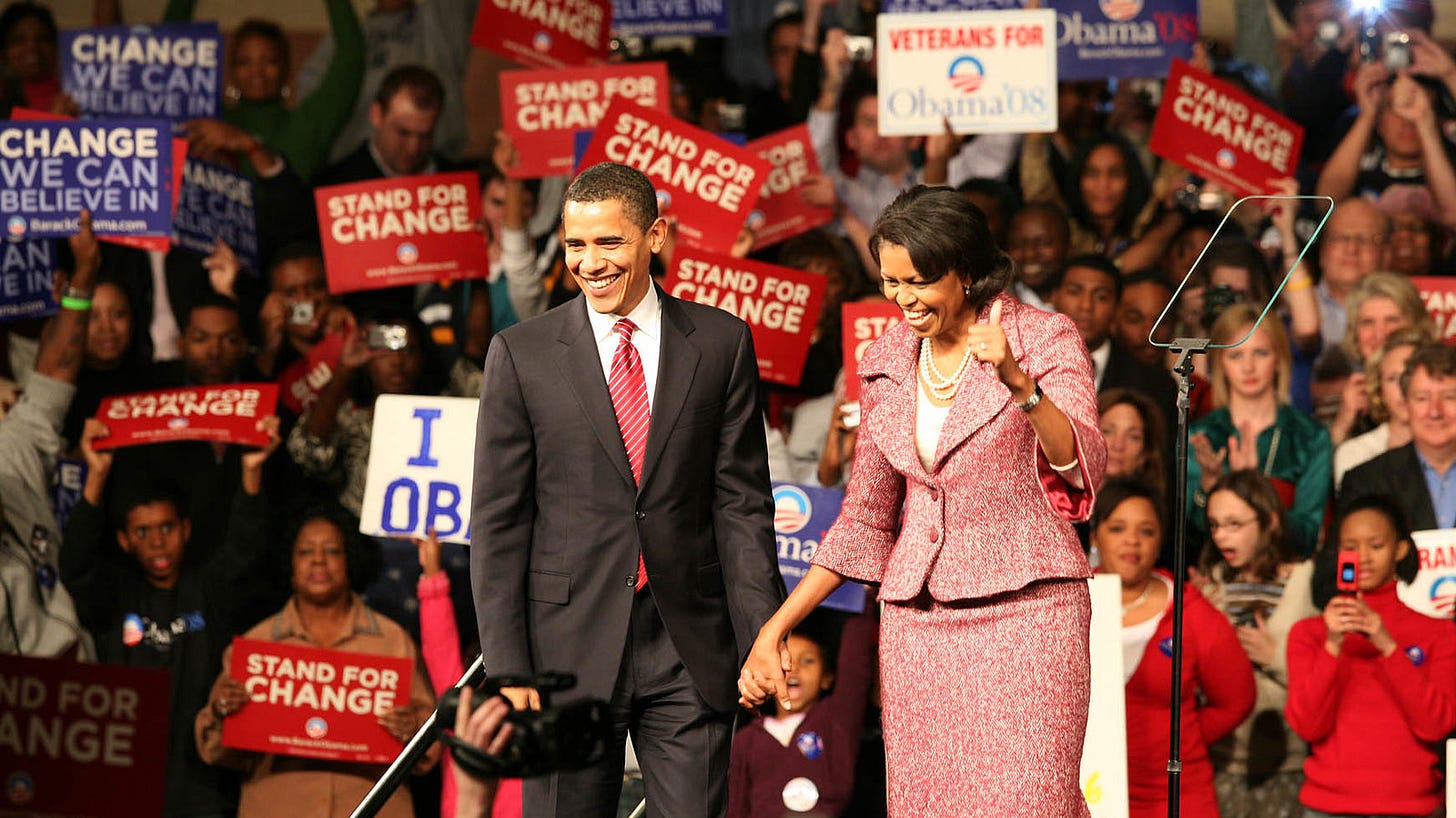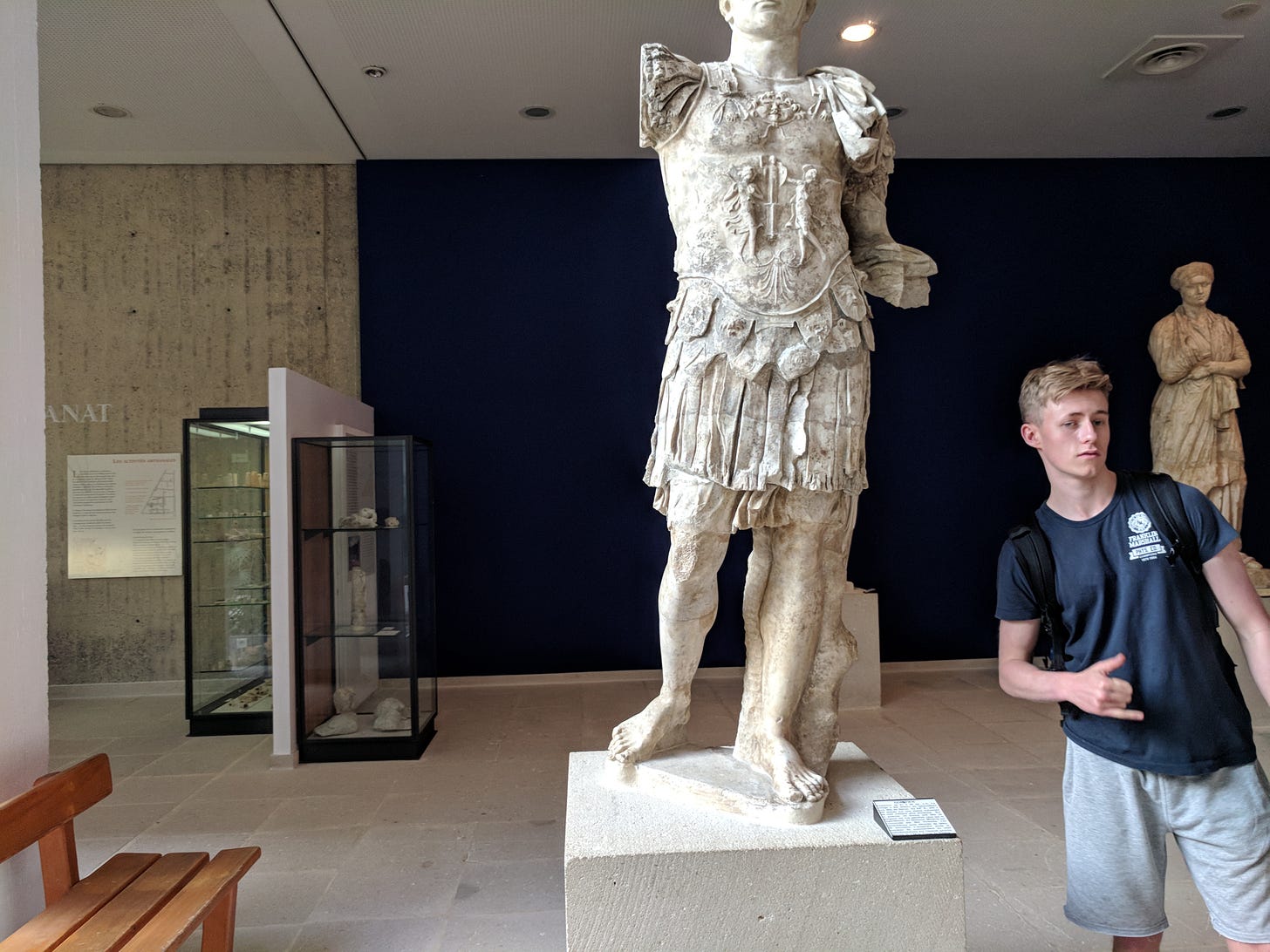Someone messaged me on Instagram recently, asking whether I’d recommend studying Classics at university. She wanted to know if I thought it was a useful degree for jobs in the future, or whether instead she should study marketing or communications. I replied to her that she should go with her passion if she truly liked Classics.
But why? Why is it worth studying dead languages and history? After all, it’s not directly relevant to any modern-day career, though well-meaning people say that “there are a lot of Latin terms in Medicine and Law”.
Here are some thoughts I have…
In 2022, a trend erupted on Instagram and TikTok worldwide. Young women would go to their male partners and ask them how often they thought about the Roman Empire. Without fail, the men would earnestly, and assuredly reply with something ludicrous. Answers ranged from “multiple times a day”, to “three to four times a month”. The trend blew up with #romanempire having 1.3 billion views on TikTok in September 2023.
There is no consensus on why the Roman Empire remains so fixed in the collective consciousness. It’s not just Rome, but Ancient Greece, and the history, philosophy, and culture shared by these two civilisations. Look to the entertainment industry and you continually see new films and series about gladiators, great battles like Thermopylae, and the example of great men and women. In the world of literature, the stories from the ancient world are forever being retold to us through a 21st-century lens. Stephen Fry is racking in millions with his book ‘Mythos’, which retells the myths from Ovid’s Metamorphoses and feeds into humanity’s primal desire for stories of gods, transformations, and love. Madeleine Miller has won the hearts of even more with her book, ‘The Song of Achilles’, where she cast a new, romantic, and LGBTQ angle on The Iliad, Homer’s nearly 3000-year-old epic, judged by some to be the most important literary work in history. In universities, philosophy majors joke among themselves that people haven’t had a new idea about the world since Plato and Aristotle…
Our obsession with Greek mythology and “the Roman Empire” goes even deeper still. We are right to be fascinated by the most developed, unified, and powerful society in history. Moreover, it’s a living history, we can see it with our eyes, we share the same DNA, stand on the same soil, and abide by modern-day borders influenced by Roman wars and conquest. We are in awe of the Ancient Roman and Greek world because it informs our present-day like nothing else. It is a sparkling jewel before the slump of The Dark Ages and the chokehold and division of Christianity. If you go to Pompeii, you can see the casts of Romans frozen in time, as they took their last breaths before being calcified by the ash of the pyroclastic flow - sleeping, hugging, existing for the last time. Great classical temples stand perfectly preserved from Armenia to Lebanon, inscribed with the signatures of Lord Byron or René ChâteauBriand. We keep discovering more and more remains in Italy, Greece, and even Britain whenever they have to do some digging to lay a new high-speed railway. Who can resist being inspired by the great figures of Roman and Greek history? The names of Spartacus, Julius Caesar, Sappho, and Cleopatra are immortalised in our present day. Can anyone resist being inspired by Alexander The Great, who, in his twenties, led one of the most successful conquests of the world ever, glorying in battle from Greece to the mysteries of Dionysus in India? Our modern culture is framed around the birth of Jesus and the rise of Christianity. But Jesus lived his life in the Roman Empire, famously interacting with the 5th Governor of Roman Judaea, Pontius Pilate…
Finally, our understanding of politics is tied irreversibly to ancient times. Barack Obama’s speech in The 2008 Iowa Caucuses takes its rhetorical inspiration from the Roman advocate, Marcus Tullius Cicero. Democracy, as we know it, stems from Ancient Athens and the work of Cleisthenes and Solon who worked to give voting rights to all male citizens, extricating power from the hands of aristocratic families. The political system of the USA is partly modelled on the senatorial structure of The Roman Republic and there’s an endless list of US Classical influences such as the architecture of The White House, the name of The Capitol, or the lines from the Roman poet, Virgil, on The Great Seal.
I could go on, and maybe I should, just to convince the 17-year-old girl who follows me, that studying Classics is crucial for understanding your place as a human being. It informs your past, shapes your present self, and inspires you to create the future. Faced with such an opportunity, why would she choose to study a vocational degree? Also, ever heard of doing a master’s in Law or Finance or Communications after?
I feel the pulse of the Classical World, electric through my spine and across my skin. A chill of destiny gives me goosebumps whenever I read Ovid wax lovingly about his birthplace, the town of Sulmona, and its rivers, vines, and grassy turf. If you head there today, there is a bronze statue of him, dark by exposure to the elements, but which stands tall with his head slightly bent, lost in contemplation, and his long robes by his feet like The Batman. Behind there are coloured houses and the dome and spire of the town church.
The Classics are everything.





I thought you were christian.
But how can you use the knowledge in the current professional/corporate world? Advisor? company philosopher? the knowledge is valuable but paying the bills too. Always wondered how one can build a fruitful life with degrees like this. Internet has given some options, the current blog is an example. thoughts?